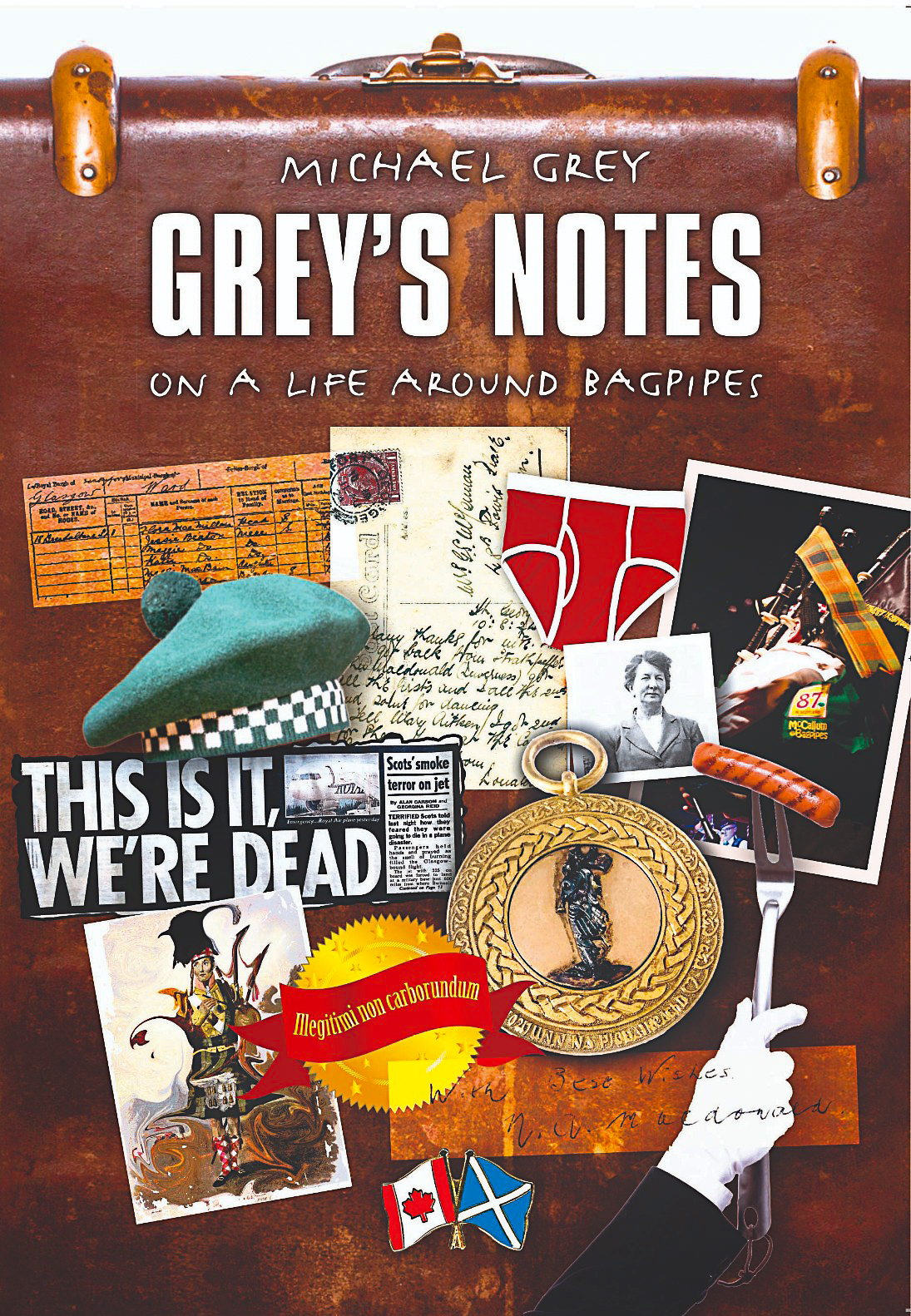Listening With Open Ears
April 24, 2010 on 7:42 pm by Michael Grey | In Music, Tips | Comments Off on Listening With Open EarsAfter pouring out their heart and soul and doing their best to play music for judges pipers often – very often – hear (or read on score sheets) comments like this: “Not the way I prefer to hear this tune,â€, “Not the way I was taught this tune†and, if the judge is in high rotation (read: hired a lot more than s/he probably should be for their good health), “Not as good as I heard you play last weekâ€. I can tell you I have had all of these comments – and a lot more – on my own crit sheets.
There’s a truth about piping that I haven’t heard many – or any – people talk about: pipers (drummers, too, for that matter) listen to bagpipe music through a filter. Almost every person I know who has any experience at all in bagpipe music listens to pipe music through a template: tunes are heard through a sort of gauze of preconception. Who hasn’t heard: “That’s not the way that tune’s supposed to go!”?
Depending on how they were taught, or their personal bias – perhaps related to what they may’ve heard or the first recording their Granny bought them (or not) – pipers have their own idea of what is right and what is pipe music of merit.
For me, it’s when I sit as a competition judge that I find (much to my surprise) this listening “template†especially pronounced.
Tunes played by competitors, no matter how sonorous the instrument, or engaging the technique, just clang, for lack of a better word at this moment, when phrasing is presented outside of what I’m used to hearing. I’m not suggesting we all dismiss phrasing that’s different. I’m saying the usual way of things is we take fast note – and – more often than not, then dismiss the performance.
I think it’s a rare listener, a rare adjudicator, who can sit back and take in a performance on its own merit – regardless of its capriciousness.
Of all forms of Great Highland Bagpipe music it’s in the judging of pibroch where this one-dimensional “listening template†is endemic. It happens in solo light music, too, and pipe bands, for sure, but pibroch? Well, listeners hear with templates glued to their lugs.
The piper’s slightest deviation from a judge’s preconceived idea of how the tune should go is trouble – for the competing piper. “Ooh, what were you thinking when you played the first variation of ‘Rory McLoude’s Lament’ with the low Gs and As long?†might (and has) been said by the pibroch judge. “Off with his head†– or off with his chance of a prize – is the way of things in this instance.
Anyway, this is all to say I think we’d all be better off if we could somehow manage to have a catholic taste in our music. I’m thinking, by the way, that “catholic” is a great old-fashioned word that makes good sense in this context.
A fine Dave Mathews quote for you: “Good music is good music, and everything else can go to hell.â€
When it comes to the music, it’s probably so much better to not think, “It’s my way or the highwayâ€.
M.
No Comments yet
Sorry, the comment form is closed at this time.
Dunaber is using WordPress customized and designed by Yoann Le Goff from A Eneb Productions.
 Entries and comments
feeds.
Valid XHTML and CSS.
Entries and comments
feeds.
Valid XHTML and CSS.


